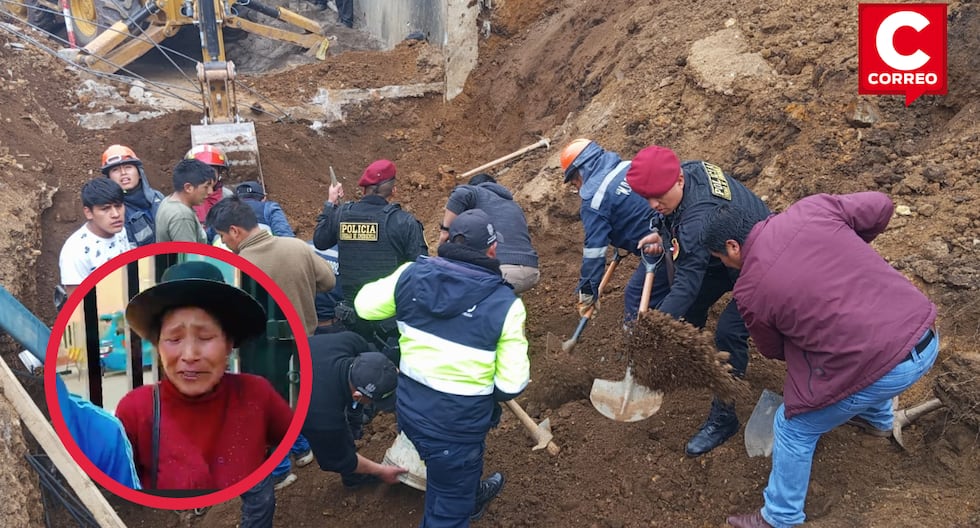Santo Domingo.- The non-governmental organization Amnesty International (AI) asked the president of the Dominican Republic on Wednesday, Luis Abinaderprioritizing respect for human rights and ending “racist” immigration policies, which primarily affect Haitians, in his second term of government, which began on August 16.
In a statement, AI stressed “the urgent need” for Dominican institutions to “eradicate racial profiling, structural racism and racial discrimination and guarantee respect for the human dignity and physical integrity of Haitian migrants and Dominicans of Haitian descent.”
The start of the new Abinader government “must bring an unrestricted commitment to overcome the human rights challenges that we have denounced and documented in recent months,” said Ana Piquer, Americas director at Amnesty International.
You may also like: Government does not respond to Amnesty petition
It is crucial, he stressed, that “migration policies be established that guarantee respect for the dignity and human rights of all people.”
Since 2022, the Dominican Republic has become the country that deports the most Haitian people on the move, despite the call in November 2022 by the United Nations High Commissioner for Refugees (UNHCR) to States to stop forced returns to Haiti in light of the situation in that country, according to the entity.
According to the International Organization for Migration (IOM), 208,166 Haitians were deported in 2023, of whom more than 20,000 were adolescents, girls and boys, while so far this year, despite the serious crisis in Haiti, the Dominican Government has deported 98,594 people, including more than 5,000 minors.

Amnesty International has found that many of these expulsions have been collective, violating the principle of non-refoulement and the right of Haitians to asylum.
These collective expulsions “are contrary to the Dominican Republic’s international obligations because they do not allow for an individualized assessment of the protection needs of each affected person, nor of the risks that the persons would face if returned to Haiti,” added the human rights organization.
They are also carried out through immigration operations that racially profile and discriminate, violating the principle of equality and non-discrimination, he added.
In its statement, Amnesty International referred to last year’s bilateral conflict following the construction by Haiti of an irrigation canal on a bordering river, which led the Dominican government to indefinitely suspend the issuance of visas to Haitians, the militarization and implementation of biometric controls at the border and the closure of immigration at the border.
“The suspension of visas for Haitians, which still persists, has led to the closure of the few legal avenues of access to the country, limited family reunification options, and made access to study and work options impossible,” he said.
In its statement, AI said it had received “alarming testimonies from victims and local civil society organizations” and had examined videos “showing the discriminatory and dehumanizing nature of immigration operations, the transfer of people and the conditions of detention centers.”

















